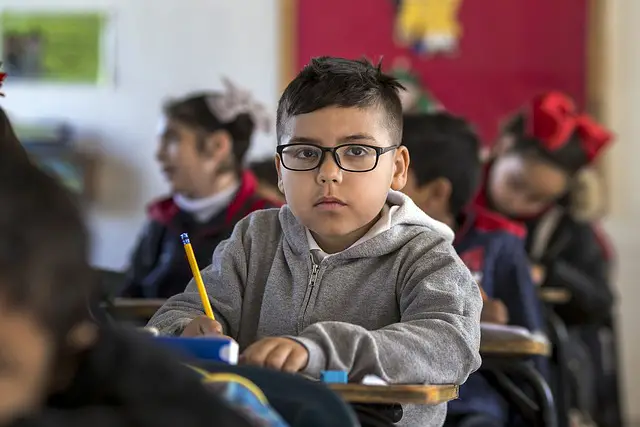Building a Foundation for Learning: Implementing an Enhanced Psychological Approach in Kindergarten Schools
Page Contents
Introduction
Kindergarten marks an essential stage in a child’s educational journey, serving as the bridge between early childhood experiences and formal schooling. Employing an enhanced psychological approach in kindergarten education is pivotal in fostering a supportive and enriching environment that nurtures children’s cognitive, emotional, and social development.

Recognizing that children learn at different paces and have diverse needs, implementing differentiated instruction is essential. Tailoring learning activities to accommodate various learning styles and abilities ensures that each child receives the support they require for their optimal growth and development.
Understanding the Kindergarten Experience
Kindergarten-aged children, typically between 4 and 6 years old, are at a stage of rapid growth and curiosity. This period is crucial for laying the groundwork for academic skills, fostering social interactions, and nurturing emotional well-being. Their experiences during kindergarten significantly influence their attitudes towards learning and social relationships.
Components of an Enhanced Psychological Approach
- Playful Learning and Inquiry-Based Education: Kindergarten classrooms should prioritize playful and hands-on learning experiences. Inquiry-based learning methods encourage curiosity, problem-solving, and critical thinking. Activities that involve exploration, experimentation, and discovery allow children to learn while engaging their natural sense of wonder.
- Early Literacy and Numeracy Skills: Introducing foundational literacy and numeracy skills in a developmentally appropriate manner is essential. Kindergarten educators can use engaging methods like storytelling, rhymes, counting games, and manipulatives to build a strong foundation for reading, writing, and basic mathematical concepts.
- Social-Emotional Development: Fostering emotional intelligence and social skills is critical. Teaching empathy, cooperation, communication, and conflict resolution helps children develop strong interpersonal skills. Creating a supportive classroom environment that encourages kindness, inclusivity, and emotional expression nurtures positive social interactions.
- Differentiated Instruction and Individualized Learning: Recognizing that children learn at different paces and have diverse needs, implementing differentiated instruction is essential. Tailoring learning activities to accommodate various learning styles and abilities ensures that each child receives the support they require for their optimal growth and development.
- Creative Arts and Expression: Encouraging creativity through art, music, movement, and drama stimulates children’s imagination and self-expression. Creative activities allow children to explore different mediums, enhance fine motor skills, and express their emotions and ideas freely.
- Nature-Based Learning and Environmental Awareness: Incorporating nature-based learning experiences and promoting environmental awareness instills a sense of connection to the natural world. Outdoor activities, gardening, and lessons on sustainability foster a deeper appreciation for nature and environmental stewardship.
- Collaboration with Families and Community: Establishing strong partnerships with families and the community enhances the educational experience. Open communication, parent involvement in classroom activities, and community engagement enrich children’s learning experiences and reinforce learning outside the classroom.
Implementing the Approach in Kindergarten Settings
An integrated approach that integrates these components into the curriculum, classroom environment, and teaching methodologies is crucial. Creating inviting learning spaces, providing varied materials, and offering opportunities for exploration and discovery supports children’s engagement and learning.
Conclusion
An enhanced psychological approach in kindergarten education focuses on creating a nurturing and stimulating environment that supports children’s overall development. By emphasizing playful learning, early literacy and numeracy, social-emotional skills, creative expression, environmental awareness, and collaboration with families and the community, kindergarten schools can lay a solid foundation for children to thrive academically, emotionally, and socially as they progress through their educational journey.







